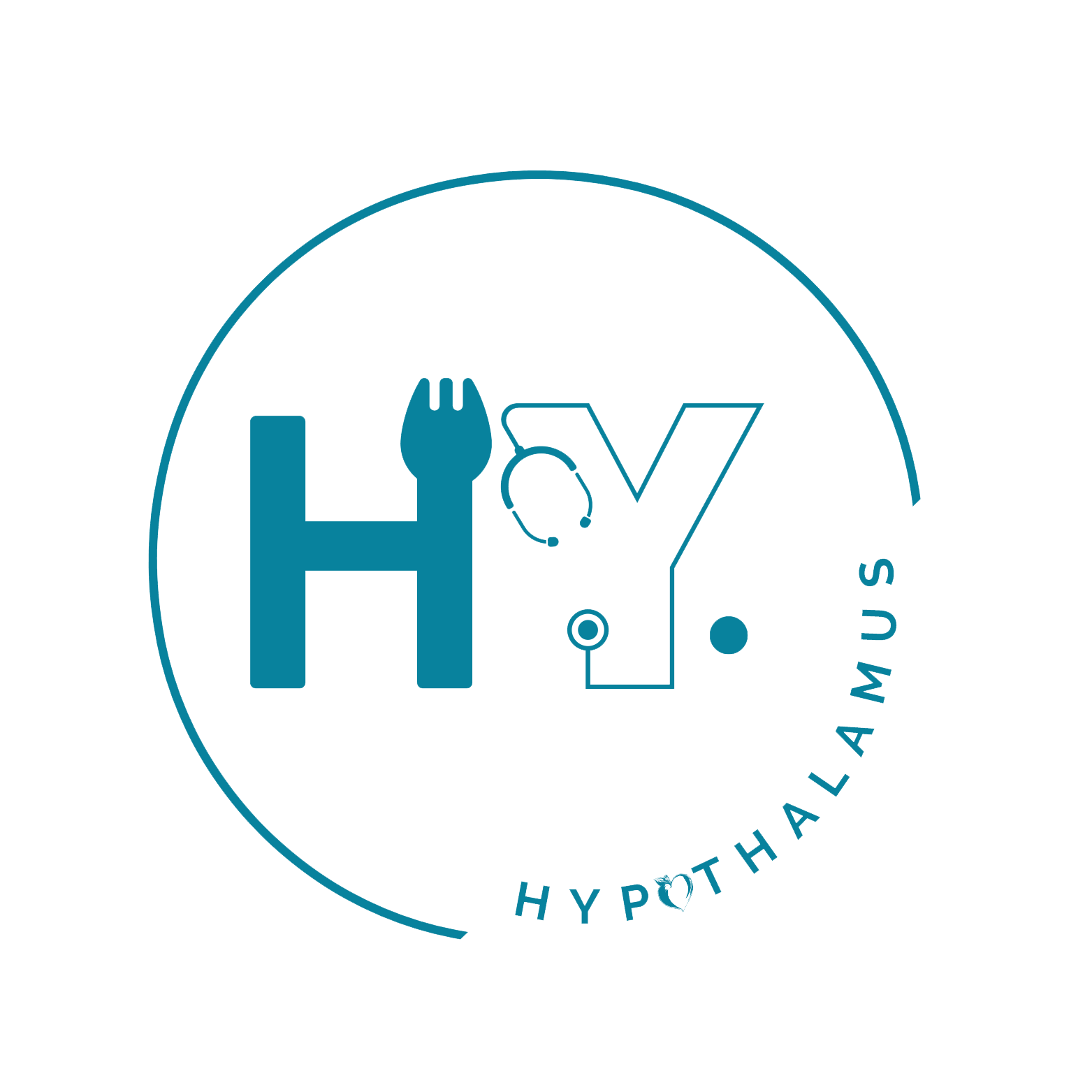Food Drug Interactions in CKD
CKD or Chronic Kidney Disease affects the kidneys' ability to filter waste and excess fluids from the blood. With CKD, the accumulation of certain nutrients such as potassium, sodium, and phosphorus can lead to dangerous levels in the body, putting the individual at risk of acute illness and even death. With that said, food and drug interactions are particularly important in CKD. Here are a few examples of food and drug interactions in CKD:
- Antibiotics and Potassium: Antibiotics used to treat infections, such as penicillin, can increase potassium levels in the body. Foods high in potassium, such as bananas, potatoes, and spinach, may aggravate this interaction.
- NSAIDs and Fluid Retention: Nonsteroidal anti-inflammatory drugs (NSAIDs) are commonly used for pain, but for people with CKD, NSAIDs can lead to fluid retention and reduced urine output.
- Phosphate Binders: Individuals with CKD may take phosphate binders to reduce phosphorus levels in the blood. Timing phosphate binder medications with meals is critical, as they need to be taken with food to aid in binding up food phosphorus, but if taken with meals with high phosphorus may not do the job effectively.
- Salt Restriction: People with CKD are often advised to restrict their sodium intake, as it can cause fluid build-up and increase blood pressure. Sodium can appear hidden in a range of foods, especially processed foods that, without attention, leads to other food and drug interactions.
It's always essential to discuss your diet and medication routines with your healthcare provider regularly to ensure they are safe and effective hence identifying potential drug-nutrient interactions.
